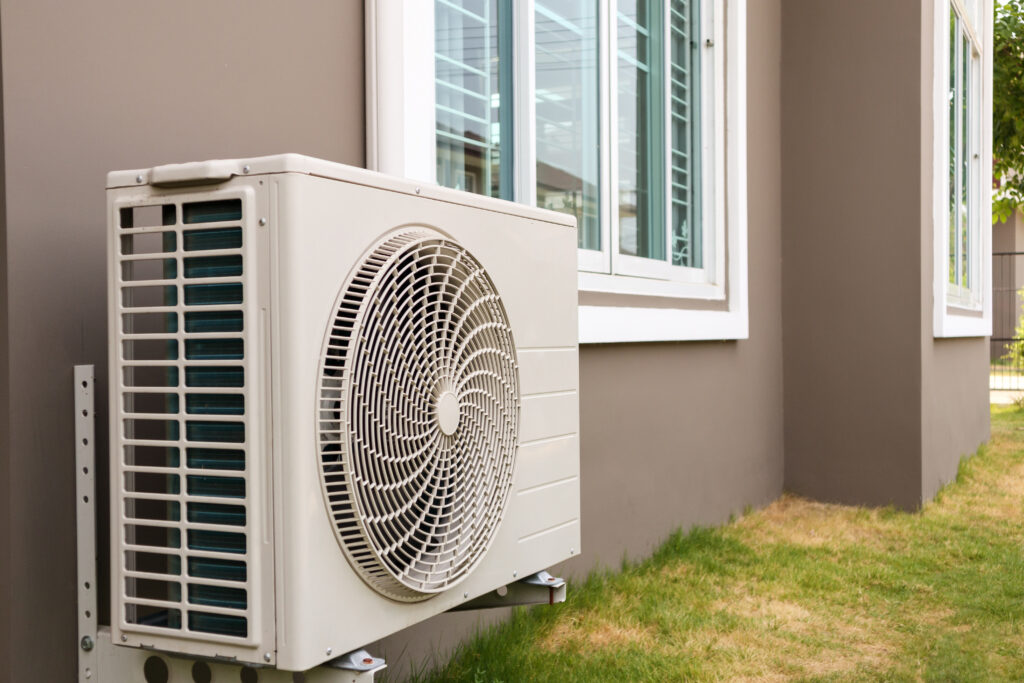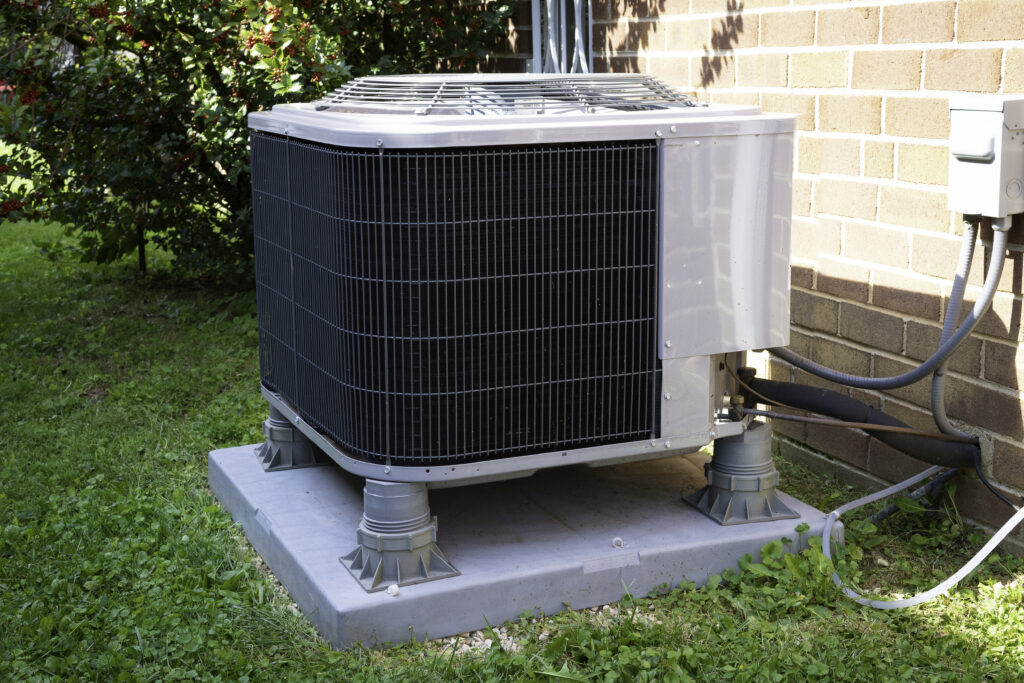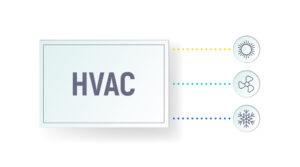Efficiency of 2021 HVAC Systems: Is it Worth Upgrading?
“HVAC” refers to the combination of systems that heat and cool your home, including air conditioners, heat pumps, and furnaces. The age of the HVAC system determines its energy efficiency. If your HVAC unit is a few years old, installing a new one now might save you money in the long run.
Why upgrade?
According to the US Department of Energy (DOE), “building energy codes are projected to save $126 billion cumulatively by 2040.” Additionally, “cumulative utility bill savings [due to appliance and equipment standards] to consumers are estimated to be more than … $2 trillion by 2030.”
This two trillion dollars is split between all energy consumers who upgrade their systems to comply with new standards.. These standards include, amongst other things, upgrading HVAC systems to be more energy-efficient. Who wouldn’t want to jump on that two-trillion-dollar bandwagon?
The DOE also reports that, “building energy codes have a 40-year history of reducing consumer energy bills. Today’s energy codes provide more than 30% savings compared to those of less than a decade ago.”
The typical utility bill for a US homeowner is 50% heating and cooling. A 30% savings on half your energy bill is significant.
The math: keeping it general
The DOE predicted in 2016 that upgrading ten-year-old systems would save you $500 a year. Now in 2020, upgrading from a ten-year-old system would save you about the same amount of money–efficiencies have continued to increase at a similar rate.

While it is impossible to compare the efficiency of each individual furnace here, HVAC systems are rated using their “SEER” rating, or “Seasonal Energy Efficiency Ratio.” While the SEER rating of a unit tends to decrease over time, comparing SEER ratings across HVAC units can still be a useful metric for deciding whether replacing your system is worth it.
The minimum SEER rating in 1992 was 10. Since 2015, the minimum has been 14.
An increase in SEER from 14 to 17 saves an average of $66 a year, but qualifies you for a $300 federal tax credit. The highest SEER rating in a commercial central air conditioner is 26 (the Lennox XC25). Upgrading from a system with a SEER 14 to the Lennox XC25 would save you $167 a year in addition to the tax credit. The numbers start to look juicy. (Keep in mind that if your HVAC system you purchased 10 years ago had an initial SEER rating of 14, the rating has likely decreased since then.)
The math: up-close and personal
You may still be asking yourself: but is an upgrade worth it for me?
Here is a formula to calculate how much installing an improved HVAC unit will save you annually (based on Coolray’s formula).
1. Calculate how much energy each air conditioner will use annually using this equation:
[ (Size of AC system in tons x 12,000) / SEER ] * 1500 = number of watt-hours used annually
For example, if you realize your old, less efficient system is too large for your home, you might replace a 3-ton, 14-SEER system with a 2-ton, 17 SEER system, the equations would be:
[(3*12000)/14]*1500 = 3,857,143 watt-hours per year
[(2*12000)/17]*1500 = 2,117,647 watt-hours per year
2. Find the difference between these two annual energies.
3,857,143 – 2,117,647 = 1,739,496 watt-hours per year
3. Convert this to kilowatt-hours by dividing by 1000
1,739,496 / 1000 = 1,739.5 kWh per year
4. Multiply this number by your area’s electricity rate. For Sacramento, this is 15.34¢ per kWh.
1,739.5 * 0.1534 = $266.84
So replacing a 3-ton, 14-SEER system with a 2-ton, 17-SEER system would save you about $267 per year.
The most energy efficient central air conditioners and air source heat pumps as of 2020 can be found on the Energy Star website. Comparing these products with the cost/energy use of your current model can help you see exactly how much money upgrading could save you.

TL;DR: skipping the math
Putting aside the numbers, here are some specific situations where replacing your HVAC unit is probably the way to go:
- If your heat pump/air conditioner/HVAC is more than 10 years old. Efficiency of a unit decreases over time, and the efficiencies of HVAC units available on the market increase quickly. A general guideline is that units over 10 years old are worth replacing.
- If your equipment requires frequent repairs. Eventually buying a new unit is more economically feasible than constantly repairing an old one.
- If your energy bill is consistently going up. This is a sign that the efficiency of your unit is decreasing, or that a part of it is failing, which means it’s time for a new unit.
- If your equipment heats or cools your home unevenly. This is again a sign that its efficiency is decreasing.
- If you do not have a programmable thermostat and leave the house for long, regular periods of time. Updating your system and getting one with a programmable thermostat would allow it to idle while you’re away, therefore decreasing its energy consumption.
- If your system is noisy; noise typically signals an inefficiency in the system.
- If your score on the Home Energy Yardstick is below five (or below average compared to other homes surveyed in the U.S. DOE’s Residential Energy Consumption Survey (RECS)). This is just another metric way to say that the efficiency of your HVAC unit could be much better.
- If your HVAC unit is improperly sized for your home; in the case of HVAC, bigger is not better. Bigger HVAC units turn on and off frequently as they heat or cool your home, which increases their energy consumption; they require more energy to turn on, run on high, and turn back off than they do to run constantly at a lower level.
If in doubt, you could always ask a home energy auditor to assess your home.
Hopefully these few tips help you decide whether it is worth replacing your old HVAC unit with a new one.
References
https://www.coolray.com/help-guides/14-seer-vs.-17-seer-is-the-difference-in-price-worth-the-extra-efficiency
https://www.energystar.gov/products/most_efficient/central_air_conditioners_and_air_source_heat_pumps

